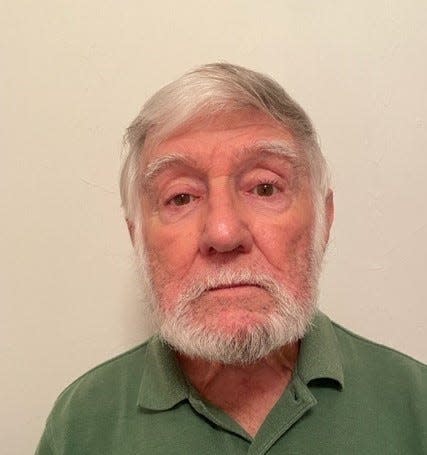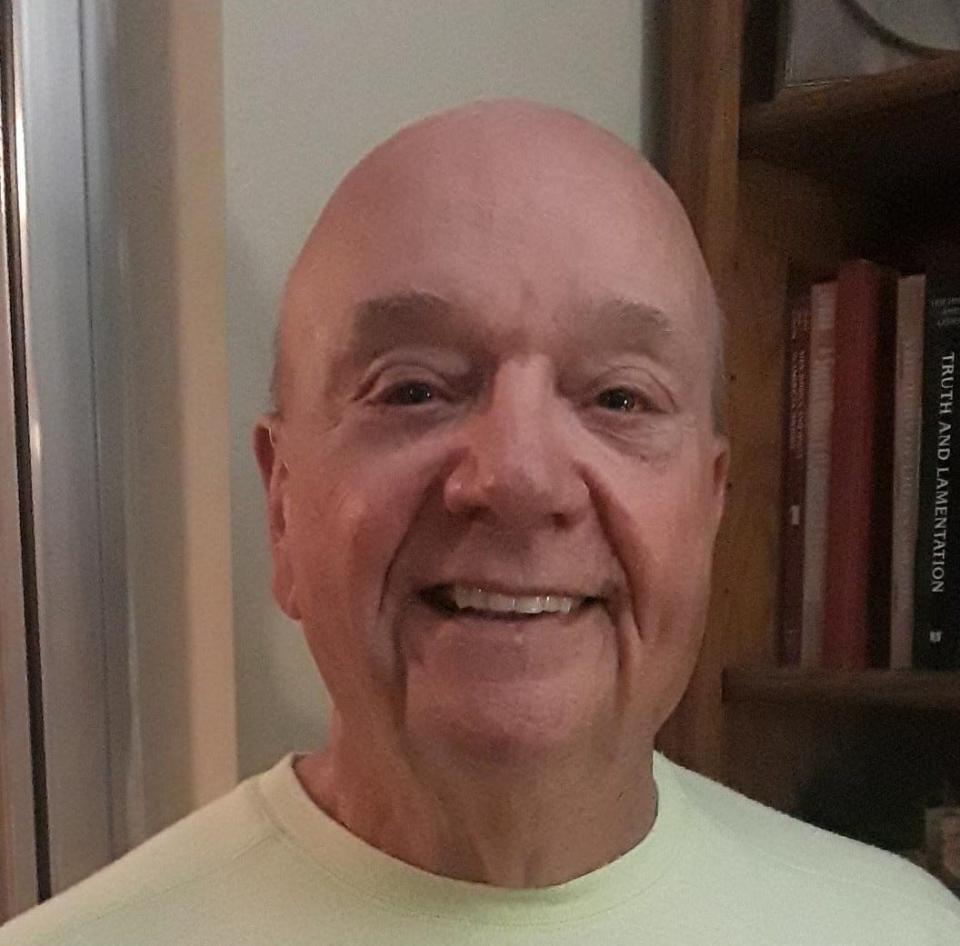Paranoid style rises again in American politics
It has been exactly 60 years since the historian Richard Hofstadter wrote an article published in Harper's magazine which seems to be particularly fitting for our contemporary political world.

It was entitled "The Paranoid Style in American Politics" which suggested there was a long history of this phenomenon in America that stretched from before the Anti-Masonic movement in the early decades of the 19th Century to anti-Catholic sentiments of mid-century, through the Populist movement following the Civil War to the anti-communism wave of the 1940’s and 50’s to the right- wing fervor that elevated Donald Trump to the presidency and seems poised to do so again.

In his analysis Hofstadter sketched out what he considered the salient features of this paranoid style, remarking that “it is the use of paranoid modes of expression by more or less normal people” which makes this style of approaching and explaining our world so impactful and dangerous.
While we can see aspects of this throughout our political parties, it seems to be most fitting when applied to the MAGA base of the Republican Party and those leaders who embrace it.
One prominent feature is the belief that the conflict of viewpoints is not something to be mediated because what is at stake is a contest between good and evil. What is needed is not compromise but the will to fight to the finish because there is the tendency to see the world in apocalyptic terms.
Among the many examples is the recent collapse of a bipartisan deal on the southern border. Among included provisions of the bill were many demanded by Republicans, but few voted to support passage and the Republicans who worked on the bill were castigated as traitors.
A second feature is the belief that traditional America − the beliefs and values of our country − is being taken away and this requires a committed determination to repossess it in order to save it. Motivated by what they see as an existential threat to their way of life, MAGA voices argue that native-born white people are being replaced by immigrants, government hiring policies favor Blacks and other minorities and the topics included in school curricula disparage our history. All of these practices must be denounced, and if necessary forbidden by law.
A third feature is that the “true American” has been betrayed from on high; including in the schools, courts, and even the churches and especially government at every level from the local to the national.
One can find daily examples of this belief in the news and the talking heads on TV and radio and most profoundly on dozens of sites on the internet.
After his review Hofstadter offered an explanation for the appeal of these ideas for “more or less normal people” by using the term “status anxiety,” an idea he appropriated from the social sciences. Simply stated this idea suggests that in times of turmoil and rapid change many begin to feel that their accustomed place in the social and political order is eroding.
Any cursory review of recent American history in the last half century can offer many examples of shifting beliefs and practices including: the civil rights legislation which dismantled state support for discrimination, the anti-war protests during the Vietnam conflict which cast doubt on the wisdom and truthfulness of elected leaders, the feminist rebellion against old notions of gender and personhood, the recognition that the “traditional family” no longer existed and had been replaced by many different configurations.
These are just a few of the alterations in our society which have left many without any real certainty about their place in it and they are an audience for MAGA. Hofstadter’s insights constitute a clear warning to us as we enter this presidential election year.
Edward J. OKeefe, Ph.D. of Bonita Springs is a licensed clinical psychologist and professor emeritus, Marist College, NY. Vincent Toscano, Ph.D., is American History professor emeritus, Marist College, NY, and adjunct professor Nova University, Fort Lauderdale.
This article originally appeared on Fort Myers News-Press: Paranoid style rises again in American politics

